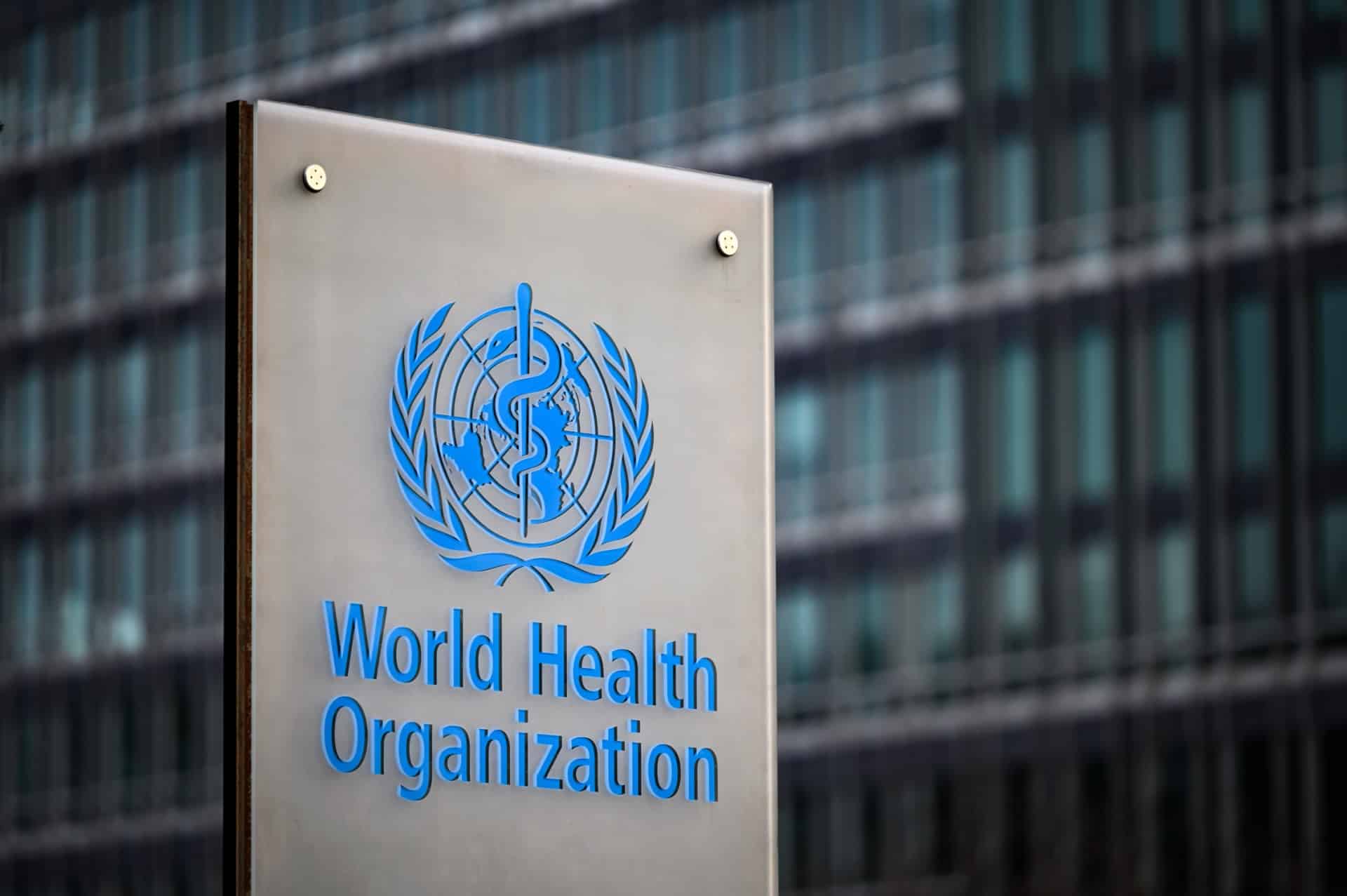Geneva, Switzerland – Dwindling Covid deaths may have allowed “normal” life to largely resume but uncertainties persist, the WHO chief said Thursday, as experts debated if the global health emergency should be declared over.
The World Health Organization’s emergency committee’s 15th meeting on the crisis comes more than three years after the UN health agency on January 30, 2020 first sounded its highest level of alarm over what was then called the novel coronavirus.
The independent committee meets every three months to discuss the pandemic and reports to WHO chief Tedros Adhanom Ghebreyesus, who then decides whether Covid-19 remains a so-called public health emergency of international concern (PHEIC) — the highest level of alert.
The emergency committee meeting, chaired by French doctor Didier Houssin, kicked off shortly after noon (1000 GMT) and was due to last all afternoon, although the outcome was unlikely to be published Thursday.
It remains unclear which way the experts will lean.
Speaking to the experts at the start of Thursday’s closed-door meeting, Tedros recalled that during their last meeting in January they had noted that the number of weekly deaths from Covid was declining following a spike in China after it lifted restrictions late last year.
‘Pandemic fatigue’
He hailed that this trend had continued — WHO estimates that Covid-19 deaths have dropped by 95 percent since the start of the year — allowing “life to return to ‘normal’ in most countries”.
“At the same time, some critical uncertainties about the evolution of the virus persist, which make it difficult to predict future transmission dynamics or seasonality,” he warned, according to a written version of his address sent to journalists.
He listed a slew of remaining concerns, including the fact that efforts to track how the virus spreads and mutates have “declined significantly around the world, making it more difficult to track known variants and detect new ones.”
He also decried lingering inequalities in access to vaccines, treatments and diagnostics for Covid, leaving many vulnerable people at risk.
And he warned that “pandemic fatigue threatens us all.”
“We are all sick and tired of this pandemic and want to put it behind us,” he acknowledged, warning though that “this virus is here to stay, and all countries will need to learn to manage it alongside other infectious diseases.”
The WHO on Wednesday also published a new strategy for fighting Covid-19 over the next two years, with the aim to “support countries as they transition from an emergency response to longer-term sustained COVID-19 disease prevention, control and management”.
Still a threat –
But while such statements might seem to indicate the UN health agency is ready to lift the PHEIC, it might opt to hold onto the label for a bit longer.
Though declaring a PHEIC is the internationally agreed mechanism for triggering a global response to such outbreaks, it was only after Tedros described the worsening Covid situation as a pandemic on March 11, 2020, that many countries woke up to the danger.
Since the beginning, more than 765 million confirmed cases of Covid-19 have been reported to the WHO from around the world, including nearly seven million deaths.
And Covid remains a threat. While the death rate from the disease has plunged in recent months, it still killed at least 16,000 people between the end of March and the end of April this year.
But the UN health agency always stresses that the true numbers are believed to be far higher.
Meanwhile, more than 13.3 billion vaccine doses have been administered.
In addition to the Covid crisis, two other WHO-declared PHEICs are currently ongoing — one on poliovirus, first declared in May 2014, and the other on mpox, previously called monkeypox, declared in July last year.








